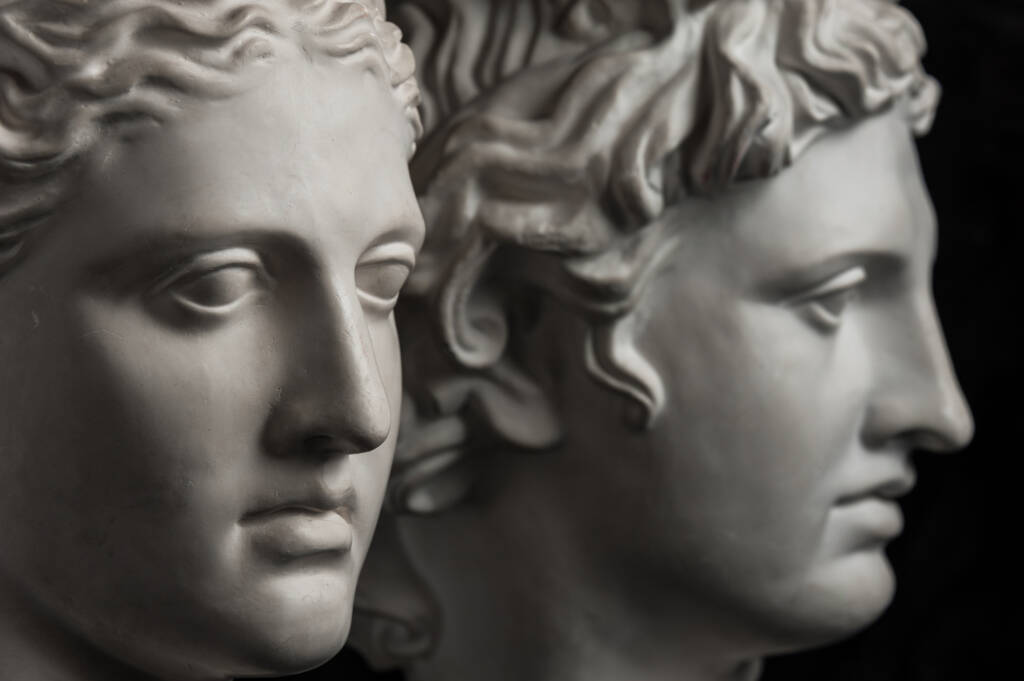
English 3/English 3 Honors

Course Description: In English 3, students will acquire language, reading, writing, and speaking/listening skills necessary for success in college, career, and beyond. Students will become critical readers, thinkers, and writers as they dive deeply into the texts presented throughout this course including American literature. Students will learn how to effectively research and integrate findings as well as cite sources in their writing.
Major Topics and Concepts
Segment One
Evaluating key elements in a literary text
Evaluating authors’ styles
Integrating academic vocabulary into speaking and writing
Analyzing figurative language
Analyzing how juxtaposition defines characters’ perspectives
Identifying figurative language devices
Planning and outlining a literary analysis essay
Developing strong thesis statements
Writing a literary analysis essay
Identifying and correcting informal language in an academic essay
Utilizing the appropriate tone and voice for an intended audience
Incorporating appropriate transitions in writing
Incorporating MLA formatting
Elaborating on evidence in an essay
Revising and editing an essay
Publishing and sharing a completed essay
Determining a word or phrase’s meaning using context clues
Identifying the elements of a Shakespearean tragedy
Paraphrasing content
Comparing the development of two speeches on the same topic
Evaluating the effectiveness of claims in a speech
Tracking and analyzing how universal themes are developed in a literary text
Identifying and explaining the use of allegories
Developing a claim
Identifying and incorporating evidence to support a claim
Writing an argumentative literary analysis
Using knowledge of usage skills to create flow in writing
Creating a Works Cited Page
Segment One Honors
Analyzing, evaluating, and explaining what makes an author’s style unique
Varying writing style for syntax and effect
Analyzing how a universal theme is developed
Writing an allegorical tale that conveys a universal theme
Evaluating how an author establishes and builds characterization
Creating a digital presentation
Segment Two
Determining the central idea of texts
Paraphrasing texts
Analyzing authors’ purposes
Comparing the development of multiple arguments on the same topic by multiple authors
Evaluating text structures and features
Determining the connotative and denotative meanings of words
Applying knowledge of etymology to obtain a word or phrase’s meaning
Evaluating an author’s use of rhetoric
Identifying authors’ claims
Writing an analysis of complex texts
Comparing authors’ use of reasoning
Comparing and contrasting how contemporaneous authors address related topics
Writing an argument to support claims, using substantial evidence and reasoning
Creating and exporting quality writing tailored to a specific audience
Creating a digital presentation that contains multimedia elements
Presenting information in the format of a speech
Employing rhetorical devices in a speech
Reading and comprehending poetry
Analyzing figurative language
Tracking and analyzing themes in poetry
Analyzing ways in which poetry reflects themes and issues of its time
Conducting literary research to answer a question
Synthesizing information from primary and secondary sources
Evaluating how tone adds to meaning or style
Researching responsibly
Selecting research sources with discernment
Identifying and correcting dangling and misplaced modifiers
Identifying the correct use of homophones
Identifying and correcting sentences with faulty parallel structure
Identifying and correcting sentence fragments and run-on sentences
Identifying and correcting subject-verb agreement issues
Evaluating elements of a narrative
Analyzing how an author establishes multiple perspectives in a narrative
Planning and writing a narrative that contains multiple character perspectives
Incorporating narrative techniques in a narrative
Analyzing how authors develop and reveal themes in literary texts
Revising and editing an original narrative
Integrating a universal theme in a narrative text
Reflecting on writing strengths and weaknesses
Segment Two Honors
Evaluating how key elements enhance or add layers of meaning to a literary text
Identifying and analyzing the use of satire
Writing a narrative that uses satirical techniques
Integrating academic vocabulary into writing
Identifying the central idea of speeches and essays
Paraphrasing complex texts
Producing writing that is appropriate to the task, audience, and purpose
Creating and exporting writing
Writing a narrative text that provides insight into a specific time period
Employing narrative techniques in a narrative
Competencies
Elements of Fiction in Shakespeare
Students will demonstrate an understanding of elements of fiction in Shakespeare by explaining elements of Shakespearean tragedy, analyzing a Shakespearean text, and explaining universal themes in literature.
Literary Analysis
Students will demonstrate an understanding of literary analysis by evaluating an author’s style, analyzing for author’s substance, and creating a literary analysis essay.
Literary Argument
Students will demonstrate an understanding of literary arguments by formulating a claim for a literary argument, explaining the components of a literary argument, and creating an argumentative literary analysis.
Language and Rhetoric
Students will demonstrate an understanding of language and rhetoric by analyzing elements of a nonfiction text, evaluating rhetoric in nonfiction texts, and creating an argumentative presentation.
Narrative Writing Techniques
Students will demonstrate an understanding of narrative writing techniques by evaluating elements of a narrative and creating an original narrative.
Poetry Analysis
Students will demonstrate an understanding of poetry analysis by describing techniques for interpreting poetry, analyzing historical context in poetry, and formulating a comparative poetry analysis.

